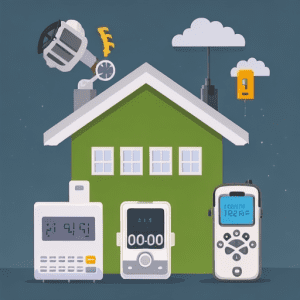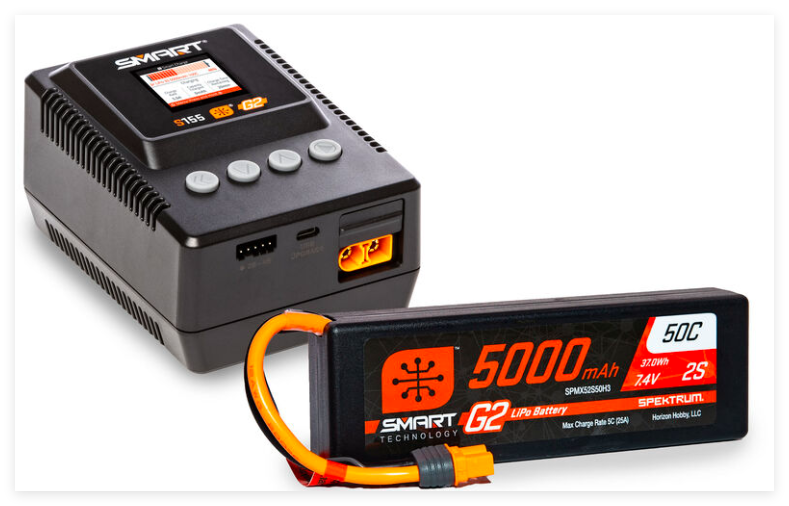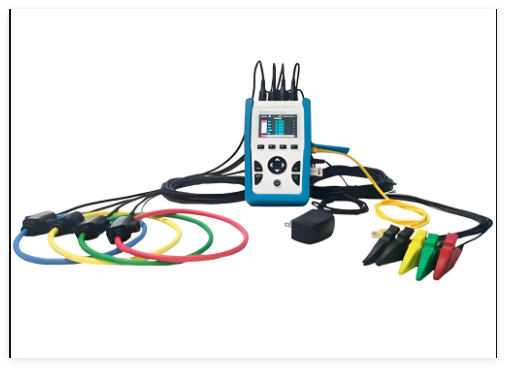How can we prevent smart home devices from being hacked?
In the smart and new energy industry, the security issues of smart home devices are undoubtedly the focus of our attention. As the ancients said, “One should always be on guard against the schemes of others,” which is even more true in the digital age. As capable assistants in our daily lives, the security of smart home devices is directly related to our privacy and property safety.

Firstly, we must recognize that the main threats facing smart home devices include malware, cyber attacks, and data breaches. According to Gartner’s data, by 2020, the number of smart home devices worldwide will reach nearly 2 billion. As the number of devices increases, security vulnerabilities and attack methods are also continuously evolving.
To prevent smart home devices from being hacked, we can start from the following aspects:
- Updates and Patches: Regularly update the software and firmware of smart home devices to ensure that all known security vulnerabilities are patched.
- Strong Password Policy: Use complex and unique passwords, and change them regularly to avoid using default passwords.
- Encrypted Communication: Ensure that communication between devices uses encryption technology, such as TLS or SSL, to prevent data from being intercepted during transmission.
- Device Authentication: Strictly authenticate devices accessing the smart home network to ensure that only authorized devices can connect.
- Network Security: Use network security tools such as VPNs and firewalls to protect the home network from external attacks.
- Privacy Settings: Reasonably configure the privacy settings of smart home devices to limit the scope of data collection and sharing.
- Security Awareness Education: Raise users’ awareness of smart home security and educate users to recognize phishing attacks and other common online fraud methods.
- Industry Standards: Promote the establishment of unified security standards and certification mechanisms in the smart home industry to ensure that devices consider security factors during the design and production stages.
- Emergency Response: Establish a rapid response mechanism to quickly take measures to reduce losses once a security incident is detected.
- Regulations and Policies: Governments and regulatory bodies should introduce relevant regulations requiring smart home device manufacturers to comply with strict security standards.
As Confucius said, “To do a job well, one must first sharpen one’s tools.” In the field of smart homes, our “tools” are security measures and awareness. Only by continuously honing and improving can we remain invincible in the tide of intelligence. At the same time, we must also see that with the development of technology, new security challenges will continue to emerge, which requires us to continuously pay attention to industry dynamics and learn and adapt.
In the new energy industry, intelligence and security go hand in hand. We must pursue the efficient use of energy while ensuring the data security and device safety in the process. As the “I Ching” says, “Heaven’s movement is ever vigorous; the superior man should constantly strive to improve himself.” On the path of intelligence and new energy, we must also continuously strengthen ourselves to cope with the ever-changing challenges.



Post Comment